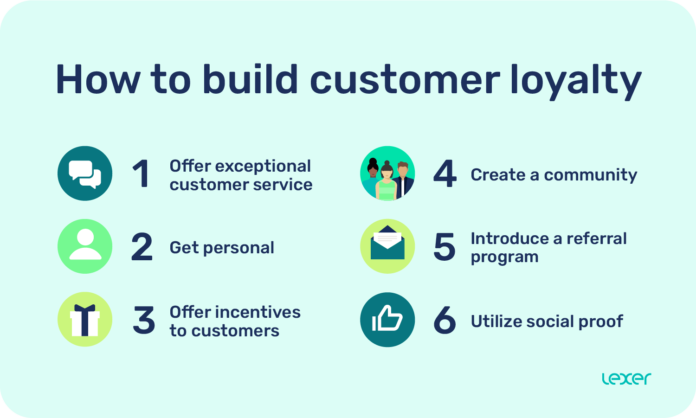In today’s highly competitive business environment, acquiring new customers can be a costly and time-consuming process. This is why companies are increasingly focusing on retaining their existing customers and building customer loyalty. Customer loyalty refers to a customer’s willingness to continue doing business with a company over a long period, even when presented with alternatives. It is the result of consistent positive customer experience, value, and satisfaction derived from the products or services offered by a company.
In this article, we will explore the importance of customer loyalty and why it should be at the forefront of every customer experience management strategy.
The Importance of Customer Loyalty Explained
Customer Retention is Cost-Effective
Acquiring new customers can cost up to five times more than retaining existing ones. This is because businesses need to invest in marketing, advertising, and promotional efforts to attract new customers. However, when a company has loyal customers, it can save on these expenses as satisfied customers are more likely to make repeat purchases and recommend the business to others. Loyal customers also tend to spend more, as they have already established trust in the company’s products and services.
Loyal Customers Provide Valuable Feedback
Loyal customers are more likely to provide feedback on a company’s products and services, which can be invaluable for improving and refining offerings. This feedback can help businesses identify areas for improvement, leading to better customer experiences and increased satisfaction.
Consider implementing a customer experience management platform through which you can collect and analyse customer feedback effectively. By listening to and acting on customer feedback, companies can create a more customer-centric approach, ultimately leading to stronger customer loyalty.
Word-of-Mouth Marketing
One of the most effective forms of marketing is word-of-mouth, and loyal customers are a significant source of this. Satisfied customers are more likely to recommend a company to their friends, family, and colleagues, which can lead to new business opportunities. According to Nielsen, 92% of consumers trust recommendations from friends and family over all other forms of advertising. This means that having a loyal customer base can significantly boost a company’s reputation and generate organic growth.
Increased Revenue
Loyal customers tend to spend more than one-time buyers. This is because they have developed a strong relationship with the company and trust the quality of its products and services. Research by Bain & Company found that a 5% increase in customer retention can lead to a 25% to 95% increase in profits. By focusing on building customer loyalty, businesses can enjoy a steady stream of revenue and create a more sustainable business model.
We highly suggest hiring a customer experience consulting expert who can analyse your customer insights and integrate them with your business data. This will unveil untapped revenue opportunities and identify potential lost sales, ultimately enhancing your overall business performance.
Competitive Advantage
In a competitive marketplace, customer loyalty can be a crucial differentiator. When customers are loyal to a brand, they are less likely to switch to competitors, even when presented with similar products or services. This can give businesses a competitive edge, as they can rely on a stable customer base and focus on improving their offerings rather than constantly trying to attract new customers.
Enhanced Brand Image
A strong customer loyalty base can also contribute to a company’s overall brand image. When customers are loyal to a brand, they often become brand advocates, sharing their positive experiences with others and promoting the company’s products and services. This can help enhance the brand’s reputation and credibility, attracting new customers and further establishing the company as a leader in its industry.
How Employee Experience Affects Customer Loyalty
A positive employee experience is a crucial factor in fostering customer loyalty and driving customer retention. When employees are engaged, empowered, and satisfied in their work environment, they are more likely to deliver exceptional customer service, going above and beyond to meet customer needs. This, in turn, leads to customers feeling valued, heard, and appreciated, which strengthens their emotional connection to the brand. Consequently, loyal customers are more likely to make repeat purchases, recommend the business to others, and become brand advocates.
Investing in employee engagement software not only enhances the workplace atmosphere but also translates to an improved customer experience, creating a cycle of loyalty and trust that drives long-term growth and success for the business.
Conclusion
Customer loyalty is an essential component of a successful business strategy. By focusing on building and maintaining strong customer relationships, companies can enjoy numerous benefits, including cost savings, valuable feedback, increased revenue, and a competitive advantage. In today’s fast-paced and ever-changing business landscape, customer loyalty should be a top priority for businesses looking to achieve sustainable growth and long-term success.















